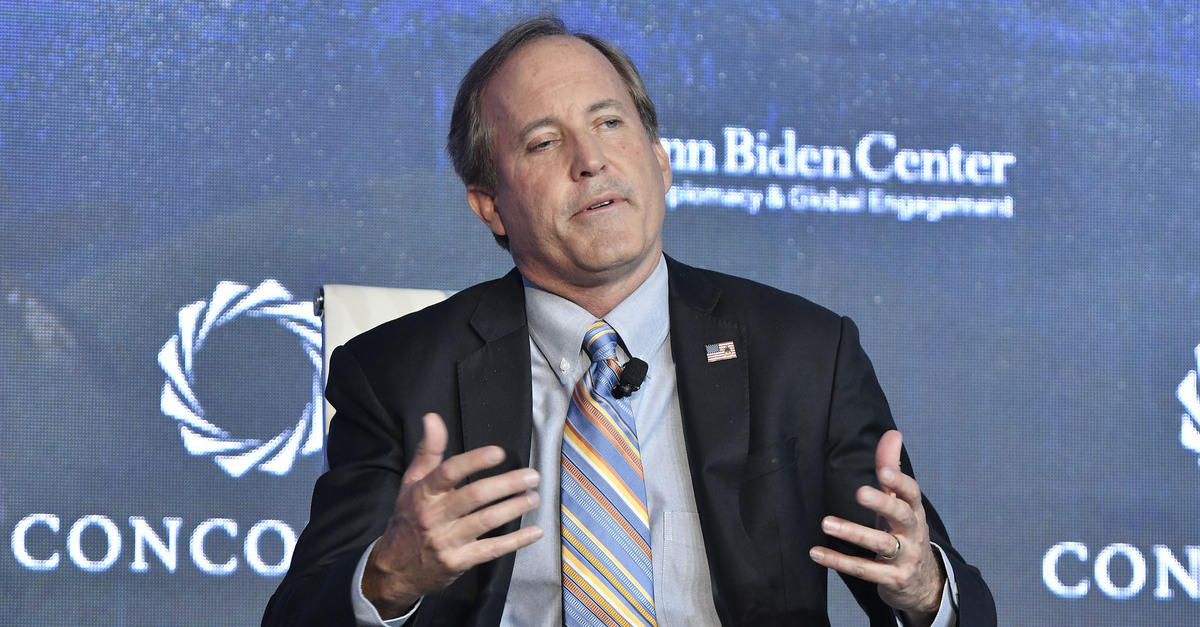
Texas Attorney General Ken Paxton
Texas Attorney General Ken Paxton on Friday said that religious private schools in the state do not have to abide by any local health restrictions pertaining to the re-opening of schools — claiming any attempts to interfere with such religious institutions would be unconstitutional.
In response to local public health officials issuing orders restricting students from attending in-person classes, Paxton penned a letter directly to religious private schools explaining that such institutions “need not comply” with any local government health restrictions.
“Under the Governor’s orders, local governments are prohibited from closing religious institutions or dictating mitigation strategies to those institutions,” Paxton wrote. “Local governments are similarly prohibited from issuing blanket orders closing religious private schools. Because a local order closing a religious private school or institution is inconsistent with the Governor’s order, any local order is invalid to the extent it purports to do so.”
Paxton’s letter came on the same day that the federal government sent teams of military medics to Texas in an effort to help deal with the sudden deluge of coronavirus patients that are overwhelming the state’s hospitals.
Citing to last week’s Supreme Court ruling in Our Lady of Guadalupe School v. Agnes Morrissey-Berru, Paxton asserted that any attempts by local government authorities to prevent religious schools from deciding when and how they want to reopen would unconstitutional under both federal and state law.
“Moreover, local public health orders attempting to restrict the provision of religious instruction through religious private schools violate the United States and Texas Constitutions and the Texas Religious Freedom Restoration Act (RFRA),” wrote Paxton.
Under Texas’s RFRA law, regulations that “substantially burden” the free exercise of religion require the government to show it has a “compelling interest” in the restriction and that it is applied in the least restrictive way possible. According to Paxton, while the government’s interest in stymieing the spread of the virus is a compelling interest, ordering blanket closings of all religious private schools would not be the least restrictive means of achieving that interest.
“Thus, as protected by the First Amendment and Texas law, religious private schools may continue to determine when it is safe for their communities to resume in-person instruction free from any government mandate or interference. Religious private schools therefore need not comply with local public health orders to the contrary,” Paxton concluded.
Read the full letter below.
2020.07.17 Letter to Religious Schools Re COVID 19 Orders – Final by Law&Crime on Scribd
[image via Gabriel Aponte/Getty Images for Concordia Summit]